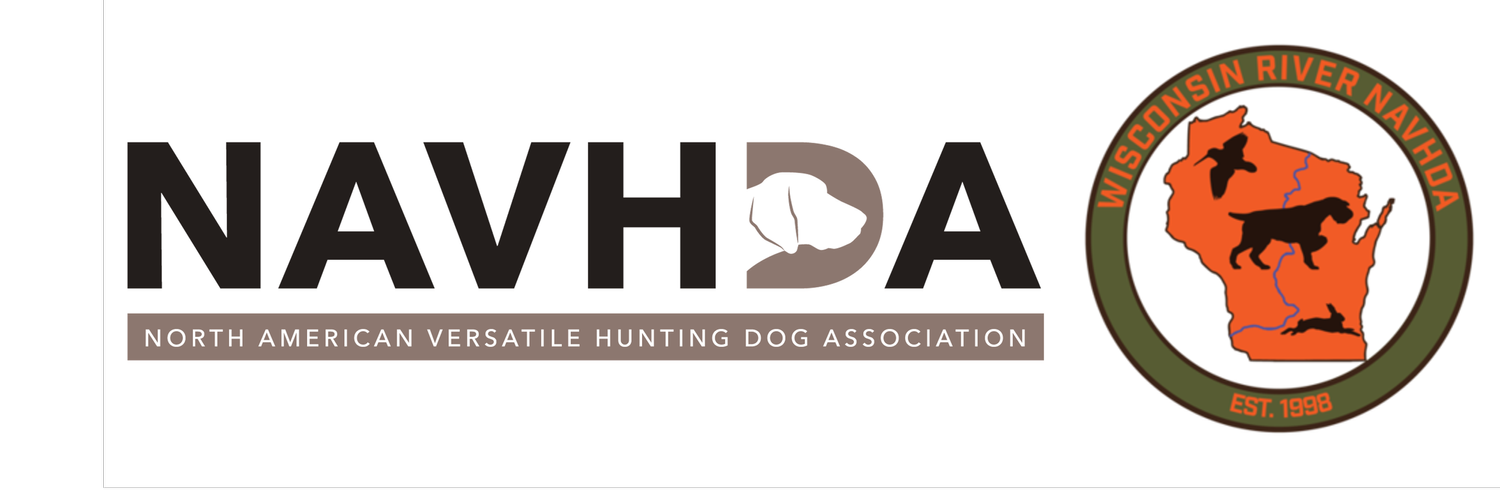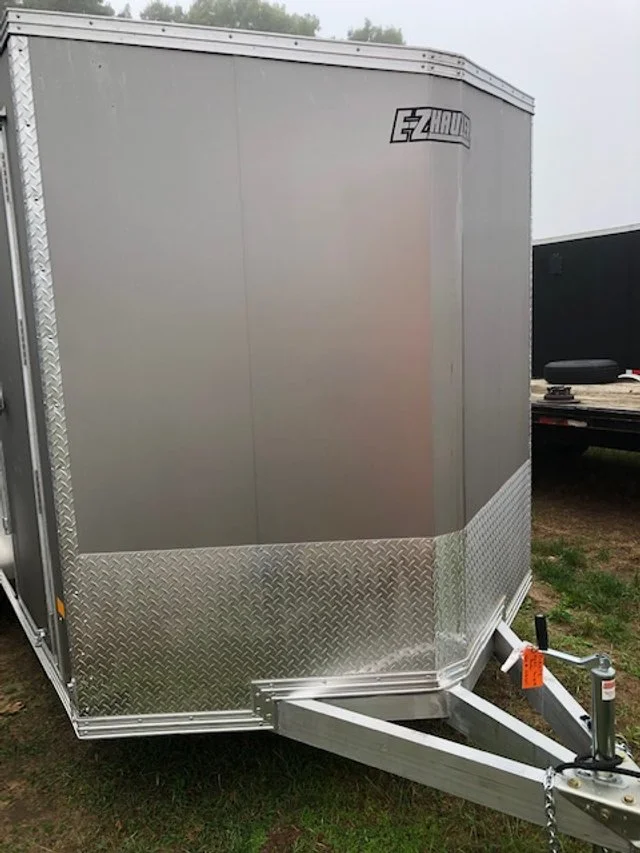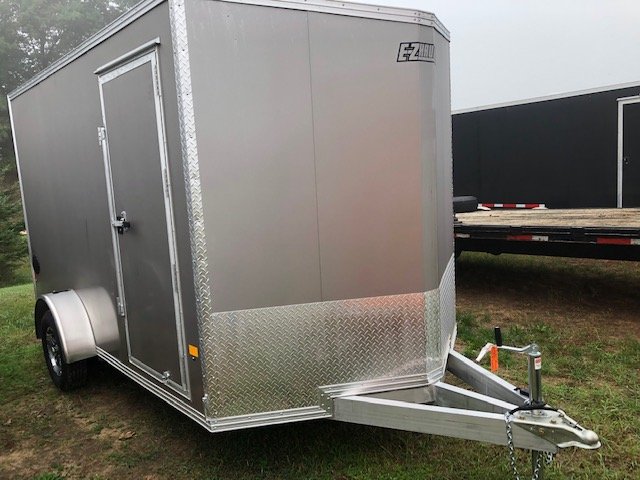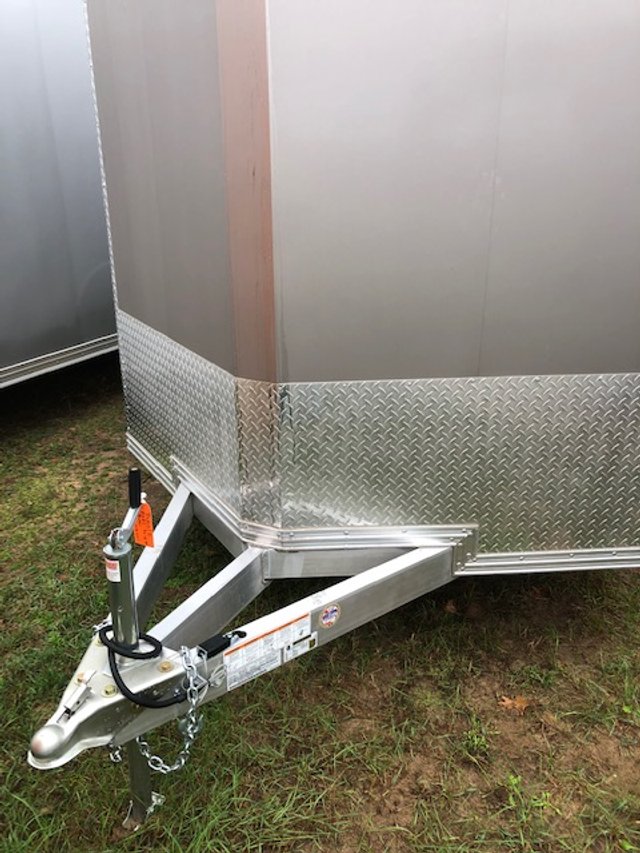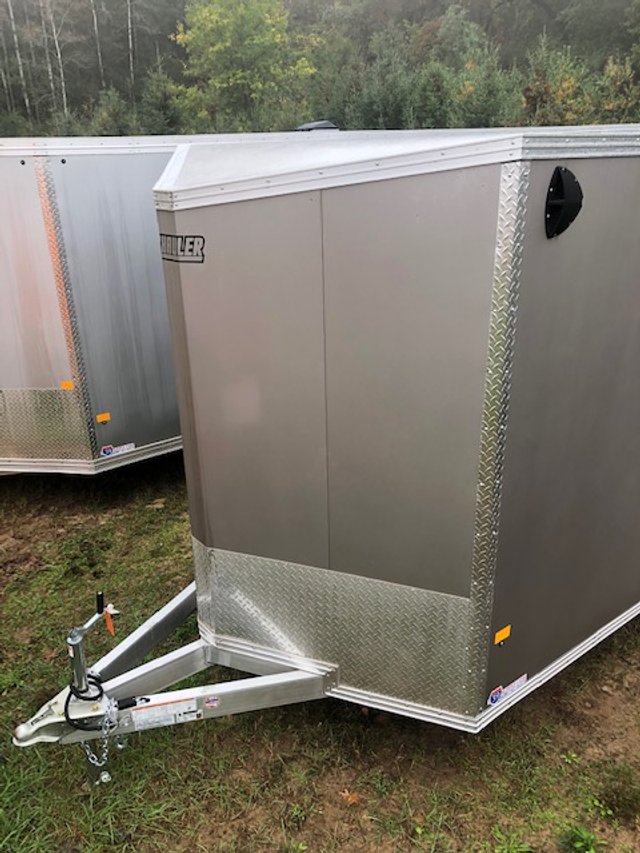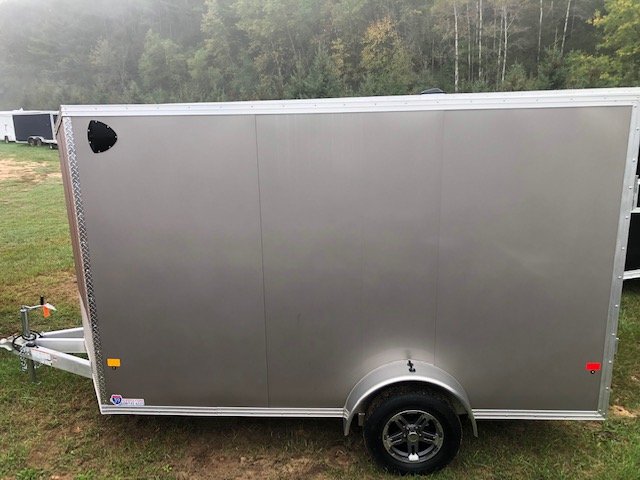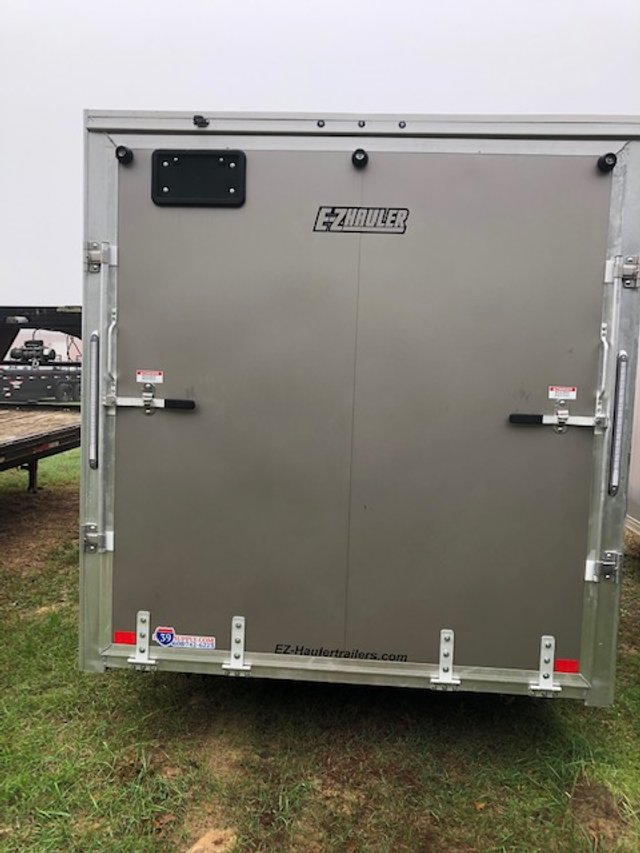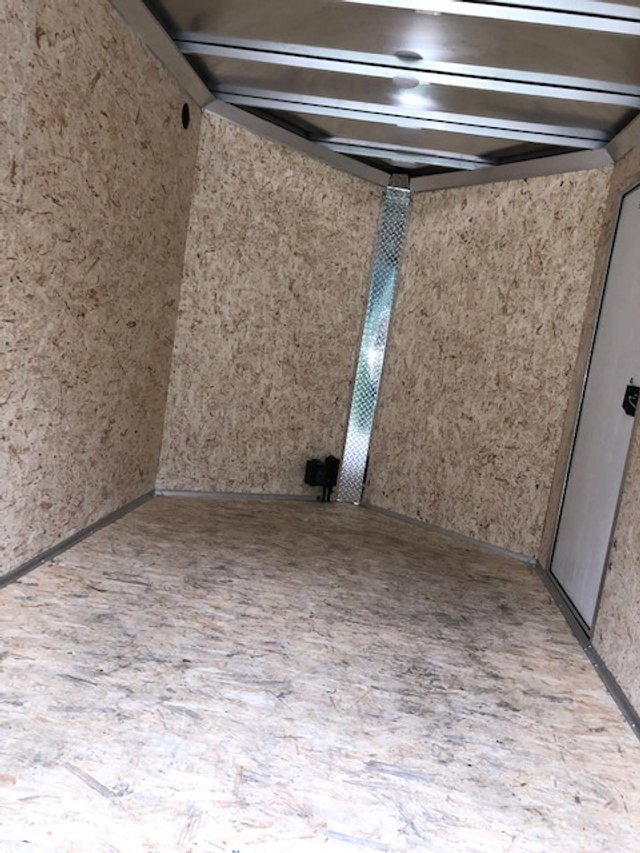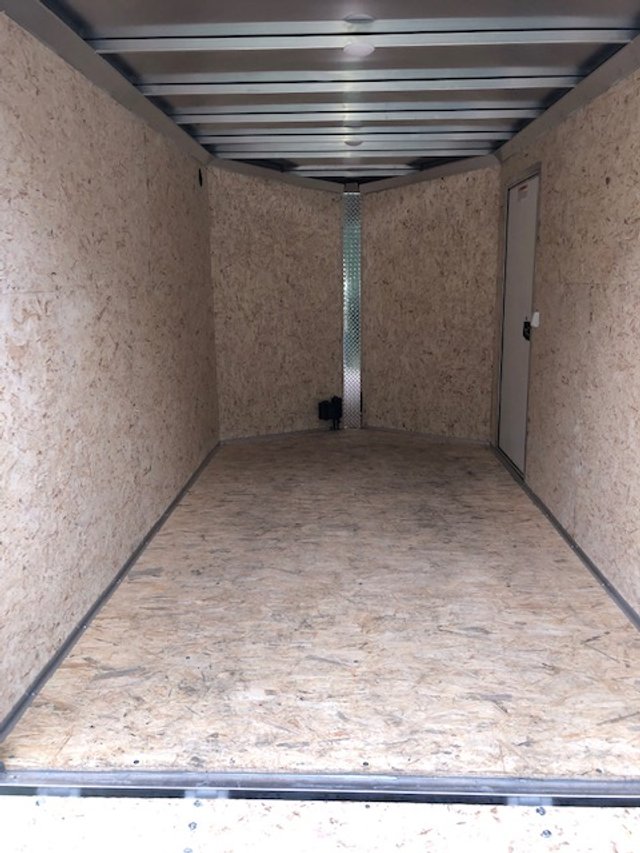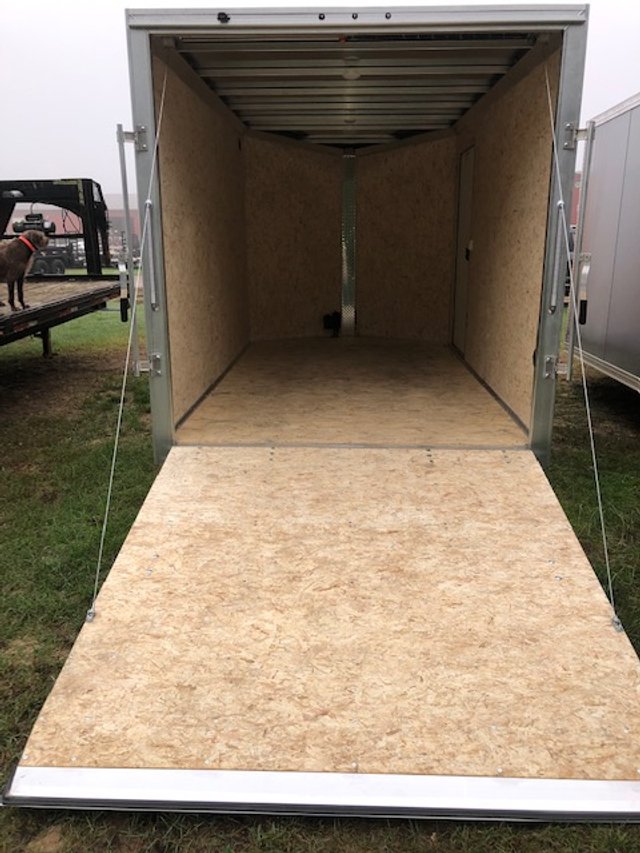
WRC NAVHDA Annual Membership Meeting Minutes
February 3rd, 2024
I. Call to Order
1. Attended by:
Sandee Macht, Beth Wiltshire, Dave Breen, Brad Wagner, Don Bogdanske, Ryan Tredinnick, Chris Worley, John Bogdanske, John Masters, Scott Soergel, John Venturino, Dave Laridarn, Mike Talbot, Anne Zeches, Shannon Ryan, Sarah Ryan, Gordy Paulson, Tim Kill, Jacob Zeuske and Jared Piotek.
2. Sandee Macht (President) noted officers in attendance: Gordy Paulson (Treasurer), Shannon Ryan (Vice President), Chris Worley (Secretary), Jacob Zeuske (Director of Training), and John Bogdanske (Test Secretary). Gordy mentioned Amanda Venturino will be our new webmaster/publicist.
II. Approval of the 2023 minutes
Motion to approve minutes as written by John Venturino. Dave Breen 2nd. Motion approved.
III. Election Results, Introductions and Reports
1. Election Results:
President and Treasurer positions were open. Sandee Macht is our new President. Gordy Paulson was kind enough to continue with the Treasurer duties for this year so we can recruit a new Treasurer.
2. Introduction of new board members and directors:
Sandee thanked Gordy for staying on one more year as Treasurer. At the end of this year the Secretary, Vice President and Treasurer positions will be open. Jared Piotek was thanked for his last 2 years as President.
3. Treasurer Report:
94 members at year’s end. 30% online sign up. Biggest membership sign up occurs on the first day of training. Revenue= $23,758.21; Expenses= $24,864.00. Shortfall of $1,106.79. Checking account= $4402.00, Savings account=$ 12,148.61. Never have touched our savings account. Spend a large amount for birds. We are not in bad financial shape. Revenue mostly comes from training and testing. Lost money in the testing area. Some of testing day costs are out of our control. Ducks= $613, Chukar= $2000. Lodging for judges= $1647, meals for judges $=720, mileage for judges=$675, meals at test=$930, $10/dog to NAVHDA ($450). Loss= $1205.78 for testing. Gordy suggested it prudent to start looking at the test costs and possibly make adjustments to start covering losses. WRC is a very inexpensive chapter for testing relative to other chapters. Gordy asked if WRC should move money from our savings account which is earning very little in interest. Possibly move some money to CD. Jerry Schenck made a motion to put half of our savings into a 13 month CD. Tim Kill 2nd the motion. Motion approved.
Motion to approve treasurer report made by Jerry Schenck. 2nd by Anne Zeches. Motion approved.
IV. Unfinished Business
1. Mazo grounds improvement: Jacob Zeuske had no new information.
2. Reimbursement for those picking up birds? :
Jacob suggested reimburse if requested and that this has already been the established policy. Anne Zeches concurred. If a request for reimbursement occurs, most have only asked for the cost of the gas.
3. New Member orientation/packet:
Gordy had started working on this and found he was cutting/pasting from our website. Decided to link all the information on the website to make it more simple/concise for new members to find information. Amanda Venturino volunteered to be our new Webmaster. Gordy will wait until Amanda is up to speed and work with her to improve the “new member” information on the website.
V. New Business
1. International Meeting update-
No information today. Angi Coenen was not in attendance. Update will be provided to Sandee the following week. Anne Zeches announced she is now an official NAVHDA judge. No information about pheasants being a required bird for the NA tracking at this point.
2. 2024 training schedule:
a) Is listed on website, but is as follows:
3/17/24 WRC Training, 4/13/24 WRC Training, 5/4/24 WRC Training, 5/11/24 and 5/12/24 WRC Test, 6/16/24 WRC Training, 6/22/24 and 6/23/24 WRC Test, 7/14/24 WRC Training, 8/3/24 and 8/4/24 WRC Test, 8/11/24 WRC Training.
b) Training locations: Same as usual. Class 1 dog training grounds off of County Y.
c) Weekday evening:
Probably 1 day/week obedience training. Other weekday training will depend on who shows up to assist. It will be a more focused group (such as dogs that will be testing). Dogs should have some obedience training and handlers should have a goal set for the weekday training session. This schedule will not be on the website. If interested, contact board members or Jacob. Don’t want to have too many people there at once. Typically week day training will be the same days every week. Tim Kill added that the dog training area may be reserved (see Mazo grounds calendar -posted on website) by other dog training/testing groups and you should be aware that those groups have top priority to utilize the designated area. Respect other groups and be good stewards of this ground (pick up dead birds, don’t litter etc). Jerry Schenck mentioned that Wisconsin Wildlife Federation (WWF) is working with the DNR to open up Class B dog training areas during bird breeding season. Mazomanie dog training area is a class 1 which means the area is open year round for dog training. Pond 78 is NOT a class 1 dog training area, however the WRC does have special permission from the DNR to use this area. WRC has permission to use this, we do not have the right to use it. If other people are utilizing this area (examples:fishing, kayaking), these users have top priority. No member can tell them to leave. Always be respectful of other users or we could lose this privilege. Dave Breen asked if there had been any thoughts on providing training seminars. Gordy said there have been lots of thoughts but not much in the way of volunteers. Sandee suggested it’s too late to do something for this year, but after the training/testing season is completed if we want to do this then start working on it this fall so it’s ready for next year. Dave Breen said he would start working on gathering information to move this forward for next year. Anne Zeches mentioned Mazomanie village hall may be an option for indoor seminars.
3. Test dates/Testing Pricing $175/$200:
John Bodanske reported as of today May 11th test day, 4 NA signed up, May 12th only 1 NA (not filled up yet). June 22 test day, 5 NA, 2 UT and June 23 test day, 4 UT 2 NA ( filled for both days). August 3rd test day, 3 NA, 1UT and 1 UPT , August 4th, 2UT, 1 UPT, 1NA. This is our 2nd year of having 3 testing sessions in a year. Test prices: Sandee presented that due to the fact we lost money last year she checked on test pricing of other WI chapters and found the average to be $175 for NA and $200 for UT/UPT (non- members; members would still receive a $25 discount). If WRC had charged these prices we would have broke even last year. Sandee also pointed out if WRC will be required to use pheasants for NA tracking that would be roughly an additional $900/year. Currently NAVHDA allows the use of Chukar or Pheasant. WRC did not use pheasants last year due to the demise of the Wisconsin Association of Field Trial Clubs (WAFTC). Because of this, WRC no longer receives “free” pheasants from the DNR game farm. Brad Wagner voiced he’d prefer pheasants and would be willing to pay a surcharge to cover the cost. Jacob voiced he is opposed to a test price increase at the moment. If we want to save money he suggested members offer housing judges to defer some costs. Jacob also mentioned we could cut back on the number of chukars planted. Go from 5 to 3 (but have extra if the judge calls for another one). Sandee reiterated that other WI clubs are well above our test fee, so why are we giving non-members a cost reduction? Jacob asked if this is a long term trend or was last year an anomaly? Ryan Tredinnick suggested a gradual price increase for members. Example: go up from $103, $143 to $110 and $150 respectively, increase spread of 20 to 30 for non-members. Ryan also asked when the last time was that we increased membership prices. Dave Breen said it’s the testing where we lose money, so raising membership prices hits all members rather than the folks testing. Gordy will look back 5 years to see where we lost money so we have a historical perspective. Anne Zeches also suggested we should look at specifics at where we lost money (food, lodging..etc). Brad Wagner suggested creating a budget to help with the decision process (as a first step). Gordy suggested tabling the pricing discussion until he has collected the 5 year historical data on costs. Anne Zeche suggested WRC can have another meeting later this year after the information has been collected to discuss and come to a decision on pricing. Jerry Schenck suggested we have a business meeting prior to our final training day on August 11th to discuss pricing based on what Gordy presents. Beth Wiltshire moved to close the pricing discussion. Shannon Ryan 2nd. Jerry Schenck made a motion to hold a business meeting on August 11th training day to discuss testing prices. John Venturino 2nd the motion. Motion passed. We will also be discussing the potential of holding a training day in CY25 at that meeting
4. Learn to hunt with dogs: - no discussion
5. Donation to FPGF?
Jerry Schenck discussed what FPGF does. Gordy moved to donate $250. Dave Laridarn 2nd the motion. Motion passed.
6. Website and Calendar updates-looking for a webmaster. Amanda Ventruino has volunteered. Sandee thanked Amanda.
7. Confirm annual filing with State of WI and federal gov. - Gordy has completed this.
8. Promotional merchandise- hats etc. Looking for a Promotions director.
Sandee mentioned WRC has a presence on Amazon. John and Amanda Venturino might be able to dabble in this while playing with the website. Jared Piontek mentioned that the issue with Amazon Store is that it’s set up under Tony Roman, so he gets the money. Jared has not seen Tony in awhile. So we need to resolve this before really promoting this. Need to talk to Tony.
9. Equipment sale
a. tie out stakes- Jacob said he’ll make more stakes and Tim Kill will put the chains on them. Jacob mentioned the store bought tie-out stakes tend to break where the chain connects. His don’t break.
b. Bird bags- Sandee asked that folks that have any bird bags with WRC labeled on them to please return them. Gordy currently has 5 used bags in the trailer and 9 new ones. Gordy will be ordering another dozen bags. Jared made a motion that WRC not hand out (loan) bird bags during training days, rather we rent them (put a deposit down). The deposit is equivalent to the price of the bag. Ryan Tredinnick 2nd the motion. Motion passed. Dave Breen asked if we could sell the bags on our website. Gordy said at this time we are not very well set up to do that, but it’s something to consider. Don Bogdanske asked if there is anything on the website that provides information as to what you should bring to training days (bag, leash, etc). Jacob said yes this is listed.
10. Other new business: Cost to fix cosmetic damage of trailer.
Sandee provided an update that the board last year decided not to repair the trailer because it was cosmetic. Anne Zeches asked for the back story. Jacob explained that a tree branch dragged across the trailer and caused the damage. This happened near Milwaukee at a MOHEE function. Person who was towing the trailer reached out to Jared and Tim Kill. Jared said it was discussed with board members present prior to the May test at the pavilion, and no one said we need to get this fixed at that point. Jacob said the board did decide not to use the trailer for non-WRC functions. Anne Zeches said she believes there should be an understanding between WRC and people who use the trailer and damage it, that they will need to cover the cost for repairs even if cosmetic. If WRC were to insure the trailer it would cost approximately $2400/year. Jerry Schenck said from his experience the person pulling the trailer has primary responsibility for damage coverage. Gordy said that if the insurance from the person who damaged the trailer does not work out (due to the delayed claim), does WRC want to pursue repairing it? Sarah Ryan pointed out that we are asking volunteers to assume the risk (if damaged) and that’s something she is not comfortable with. She also said we need to let people know this when asked to tow the trailer. Shannon Ryan made the motion that WRC will not pursue repairing the current damage to the trailer if the insurance claim from the driver is not approved. Tim Kill 2nd. Motion approved. Dave Breen asked if WRC has a written policy on using the trailer. Gordy responded that we have expectations but not a written policy. Dave Breen suggested the executive council should come up with a written policy. Ryan Tredinnick moved to end discussion. Shannon Ryan 2nd. Motion approved.
11. Training day lunches. Does anyone want to coordinate these or should we continue to BYO? Ryan Tredinnick was in favor of “bring your own”. No other input was given.
12. Bird supplier appreciation-gift card; also donate to the venue for meeting space.
Gordy said WRC donated $100 to Corey (bird supplier) last year. Shannon said we do this as a show of appreciation. Jerry also mentioned it’s good to take care of your bird supplier because it’s getting harder and harder to find birds. Jacob, also said it helps to remind Corey that we appreciate what he does. Anne Zeches made a motion to donate $100 to Corey. Ryan Tredinnick 2nd. Motion approved. Sandee Macht made a motion to donate $100 to the Sauk Prairie Rod and Gun Club for hosting WRC’s annual meeting and to make this as an annual donation. Gordy 2nd. Motion approved.
VI. Announcements
1. Bird supply and sourcing for 2024. Jacob said bird prices are going up. WRC will pay $17.50/duck. There will be an additional mark up on the duck price due to feeding. Chukars supply is set. Pigeon supply is unknown. Gordy asked the members if they have a good source to let Jacob know. Jacob’s current source is unreliable. Jacob can house 400 birds at a time. Dave Breen asked about using Homing pigeons. Anne Zeches said most pigeons are shot during training.
2. MOHEE- Dave Breen asked what MOHEE is. Jerry Schenck explained it stands for Midwest Outdoor Heritage Education Expo. Happens in May in Milwaukee and Poynette. Tim Kill and Jerry explained what’s all involved. Gordy mentioned if you are interested in helping to contact Danford Bubolz. Tim Kill mentioned information about MOHEE was sent out to members a few weeks ago. Gordy followed up and asked if everyone is receiving emails from the group. Jared Pointek said he thought WRC needs to clean up the email list. There are over 400 on the list, but WRC does not have that many active (paying) members. Jared made the motion to only keep this years members on the email list. Gordy pointed out there is an “unsubscribe” button/link on emails, but doesn’t recall anyone requesting this. Tim Kill suggested we keep members from last year as some may not have renewed yet. Dave Breen asked if there is a downside to keeping everyone on the list. Jared volunteered to remove them. Anne Zeches suggested the motion be amended to keep current members as well as members from 2023. Sande Macht then presented the motion to remove anyone who is not a current member or a member in the prior year. Ryan Tredinnick 2nd. Motion passed.
Jerry Schenck brought up the potential for a life membership for some of the “old timers”. He’d be willing to pay for this membership. He’d just like to bring it up for discussion at some point. This was tabled at this point and will be put on the next agenda.
VIII. Adjourn Sarah Ryan made a motion to adjourn. Ryan Tredinnick 2nd. Motion approved.
WRC Trailer
Members,
WRC is getting a new trailer. The board has been working on this for sometime and we wanted to share a few pictures of the trailer.
Jim Moe and the Wisconsin River Chapter (WRC) NAVHDA
By Mike Murray
In June 2021 I talked with Jim Moe to learn about the early days of our Chapter, and gain insight on Jim’s perception of how handlers, dogs and the NAVHDA testing system has evolved during his time as a judge.
Jim’s $15 Brittany from Rice Lake Wisconsin started his deep dive into the world of hunting dogs. Jim and a core group of handlers began to coalesce around the idea of training according to the NAVHDA system in the 1970’s. Back then, only three NAVHDA chapters were holding regular events: the North Central Chapter in the Stevens Point area, the Wisconsin Chapter on the eastern part of the state and the by the Tristate Chapter near La Crosse. Traveling around the state to train dogs with the different chapters became the routine.
Eventually, Jim and others began training at the Wisconsin Dept. of Natural Resources grounds along the Lower Wisconsin Riverway near Mazomanie. An alternating training schedule the rotated weekends between the Wisconsin Chapter grounds in eastern Wisconsin and Mazomanie grounds near Madison in southern Wisconsin began to be a regular thing. Interest in forming a NAVHDA chapter near the Madison area grew as the local handlers realized the benefits of more frequent training opportunities together at the Mazomanie grounds.
Jim helped form the Wisconsin River Chapter (WRC) with Jerry Schenk, Brian White, Bobby Applegate, Donna Cochenet, Don Reece and others. Jim credits Vic Conners as the driving force behind the formation of the WRC. Vic had both the dream of forming a NAVHDA chapter and the ability to get people involved in local training. Under Vic’s leadership this dedicated group created the chapter. Like today, people joined because they wanted local help learning to train their dogs. People who showed up were given jobs. The ability to get people to participate in chapter events allowed the WRC to begin holding events under its own name. Successfully involving members propelled the WRC forward. Brian White was also tremendous president. Regular training days were established, followed by hosting tests. The WRC even grew to the point where it hosted the National NAVHDA annual meeting.
Success of the WRC did not diminish actions at nearby chapters. At the same time WRC was getting off the ground, the Wisconsin, La Crosse and North Central chapters were flourishing. The Milwaukee Brew City Chapter and the Kettle Moraine Chapter soon got started as well. Today all these chapter are viable organizations because of their ability to involve members.
Despite a bias towards Brittanys Jim noticed over time how German dogs started to dominate the testing scene. That’s when Wirehairs became a part of his life. A series of good dogs followed this decision. So did terrible battles of will between his Brittany and Wirehair males. It wasn’t always so fun to have pairs that couldn’t be run together, but it certainly kept him busy as a trainer.
In 2020 Jim decided to retire from his role as a NAVHDA judge for health reasons. Between his start as a judge in 1994 and today Jim evaluated over 2,300 dogs. Jim’s tenure judging convinced him that NAVHDA tests are not getting easier despite the year after year trend in higher scores. The deciding factor in Jim’s mind is that people train better. Dogs come better prepared for the test then they did years ago because of training focused on the tasks being judged. This applies to most handlers too. Handlers without knowledge of the test criteria often get more upset than handlers who know the system. Jim will not miss explaining criteria to those who don’t understand. Training for the different test components is ultimately a good thing because it leads to a dog you want to take into the field hunting.
One concept Jim kept in the forefront while judging is to measure dogs against the standard and not each other. Another key was to only judge what you saw, not what you think you saw. For example, a dog in heavy cover is doing something when you can see it, and when you can’t. Performance ultimately is driven by exposure and training. Handlers can’t expect a dog that never saw water before the test to rank high, nor should we expect the dog that retrieves six decoys before the duck to get a qualifying score.
When asked about future prospects of WRC and the NAVHDA system, Jim responded that learning from each other and working together can only make things better. The best thing a handler can do is train with someone whose dog successfully does the job. A 112 prize I becomes obtainable when you show up at training days, remain calm and asks questions about what to do. People that take his advice and work on it reap the benefits to themselves and their dog. In Jim’s mind the largest benefit of the having a group of chapter members to train with is exposure to a variety of methods used. There are many ways to get good results. Dogs will respond to training with the right exposure, repetition and more repetition.
Generally, dogs do what they are told. Jim understands dogs also key into a handler’s state of mind. Keep relaxed and the dogs do what they are trained to do. Get to nervous they screw up. Trusting your dog is important. Jim knows this from his experiences both judging and testing his own dogs. He has run dogs at every level of NAVHDA testing and can related to how his nervousness impacted the dog’s performance. He related how tough it can be getting a poor test score or seeing his dog freeze during the blind retrieve. Most handlers don’t realize it is their fault. If a handler can reflect on what they were doing it is possible or see how they influenced the dog’s behavior, knowingly or not. To gain insight on this Jim suggests training with a set of chapter members who can help you identify how your style might be adjusted for the better.
The joy of seeing people succeed at training and testing kept Jim active in NAVHDA year after year. Being surprised by a three legged dog that limped at heel than ran hard enough to earn the Versatile Champion title at the invitational, watching a minister’s wife get a prize I after training an Irish setter she got at the pound and so many similar stories solidify what he thinks is the best part of NAVHDA: seeing people work together and succeed. This article is too short to cover all the details of Jim’s astonishing time with NAVHDA, or to mention all the people along the way who helped contribute to the success of the organization.
The main message from Jim is to know that the more you expose the dogs the better the results. And lastly, never underestimate the benefit of training, and always trust your dog.
We are pleased to announce that the Greater Green Bay Community Foundation awarded a $2,000 grant to the Wisconsin River Chapter NAVHDA.
This donation specifically increases flexibility for the WRC NAVHDA to secure a replacement for the chapter’s aging trailer. A new trailer will provide not just adequate space for storing the equipment necessary to run our training and testing events, it also increases the highway safety. The larger trailer will enable storage and safe transportation of all chapter training gear. This donation supports our chapter’s mission to help members fully enjoy the process of training their hunting dog companions and improves our ability to host chapter tests and activities in a broader geographical area.
Thanks to Sean & Rachel Bielmeier for their involvement in this donation process. If you’ve never met their dog, Benny, stop and say Hi to this bundle of enthusiasm.
The WRC NAVHDA was established in 1998. We help our members develop good handling skills to train their dogs; produce happy, well-mannered hunting companions; and ultimately improve the versatile breeds by evaluating these goals through field testing. Members are a mix of novice and experienced handlers willing to help each other bring the best out of their dogs and their relationship with the outdoors.
Mike Murray Secratary
In Remembrance of a Friend
On Monday of this week we lost a dear friend, Vic Connors. If you had the pleasure to meet Vic, you knew that he was genuine, full of stories, and had an amazing sense of humor. He was proud of his wife Ginny, his children, and his grandchildren. If you heard him talk about any of them you could see it in his eyes.
Most of us knew him because of his dedication to NAVHDA. He founded our chapter in 1998, served as a Senior Judge for decades, and served a term as president of NAVHDA International. He was a member who was always there to help the chapter grow and flourish with his knowledge. Most of all he was dedicated to helping others.
Vic was involved with more than just NAVHDA. He founded many organizations and took leadership roles when he recognized a need. Among these organizations that we are all familiar with are the Mazomanie Grounds Association and the Friends of the Poynette Game Farm. As hunters and dog trainers we owe a great deal to the work that Vic put in for us all. And it should be noted that his work with dogs, NAVHDA, and our community is only one facet of his life. He truly immersed himself in his passions.
I will forever remember him sitting in the gallery at our May test just a couple weeks ago telling his hunting, fishing, and dog stories with a small group gathered around. Each story usually involved a little mischief on his part. Everybody was laughing and having a great time.
I had a great time getting to know Vic and learned much from him. He will be deeply missed.
- provided by Jacob Zeuske
